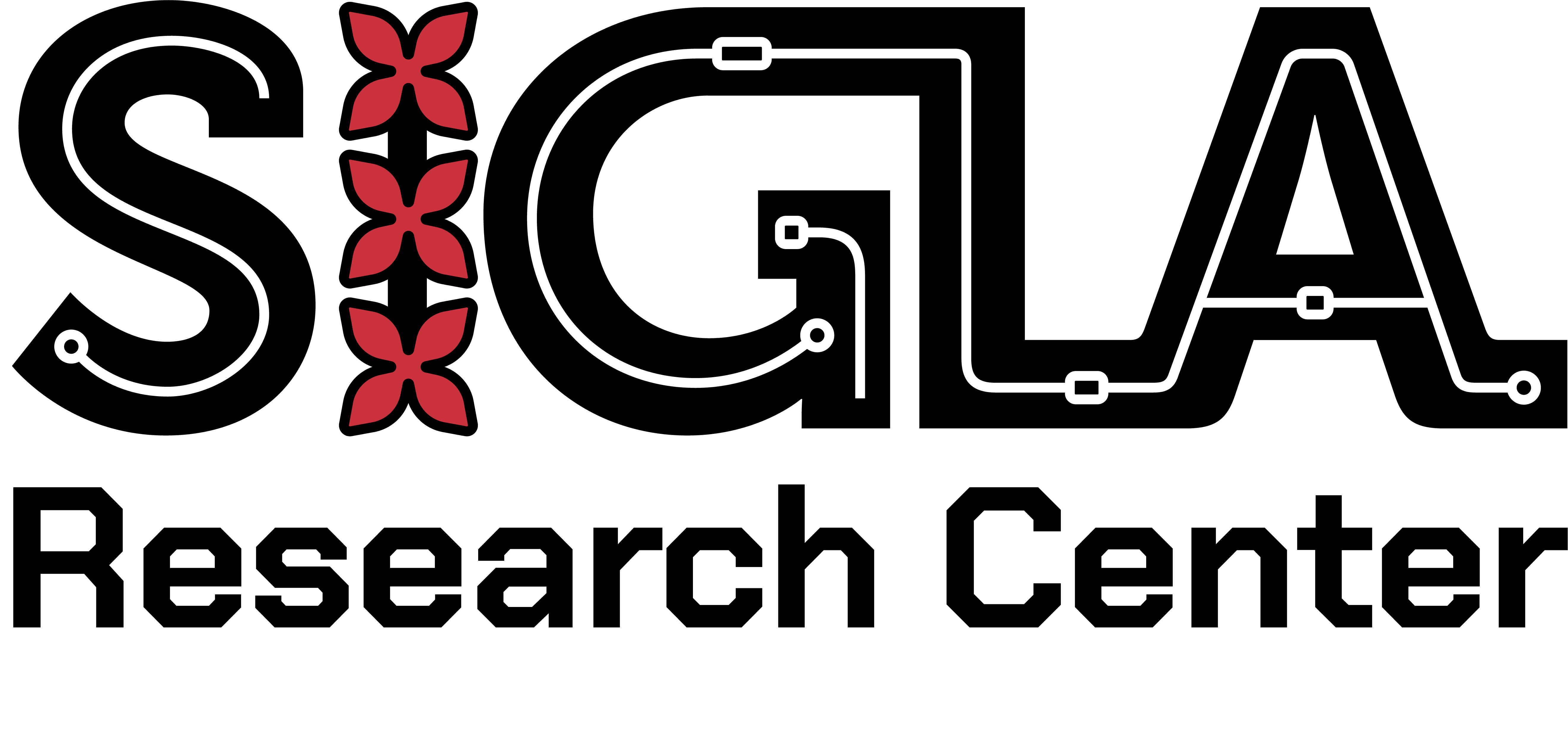Our Research

Mapping Local Disinformation in the 2025 Philippine Midterm Elections
This research project seeks to shift academic attention from the national level of electoral disinformation to the local level of electoral contests. This project is an extension of our longitudinal research on digital disinformation, having examined social media campaign strategies and disinformation narratives in the 2016, 2019, and 2022 Philippine elections.
The goal of this study is to outline national trends and characteristics of electoral disinformation and influence operations, while also uncovering hyperlocal forms of political influence work online and offline in and across the 2025 Philippine national, local, and Bangsamoro Autonomous Region in Muslim Mindanao (BARMM) elections.
Among the questions the study seeks to address include:
- How have disinformation and influence operations evolved in terms of actors, tactics, and narratives?
- How do communities understand and make sense of these disinformation content?
- How does online disinformation trickle down to local electoral races?
- How do these content—if they do—figure into communities’ political choices at the polls?
- What narratives or messages are being amplified by political influence operators
- How does generative AI change the landscape of election disinformation?
This study will undertake multi-sited rapid ethnographies, digital ethnography, key informant interviews, and qualitative surveys with voters, volunteers, journalists, and key local actors in the 2025 elections. We aim to get a sense of what information sources communities mostly rely on for their political information during election campaigns, what their information-seeking and -sharing behaviors are like within their information ecosystems, and how these practices and behaviors are justified. The study will be conducted across three different field sites across Luzon, Visayas, and Mindanao.
For more information regarding the study, please contact the project lead, JM Lanuza at jlanuza@umass.edu.
Artificial Intelligence in the Philippines
This study aims to contribute to the knowledge base on the use of artificial intelligence (AI) in the Philippines. The respective agendas of the market and the state seem to be setting in motion the introduction of AI in the Philippines regardless of uncertainties in its feasibility and social costs. This study will also allow insights to emerge on AI’s introduction from the perspective of the Global South.
This is a research project that will focus on the consumption of artificial intelligence, working to understand the complex relationship between artificial intelligence and various sectors and actors in the areas of human rights, media, and academe. This phase will interrogate the perceptions and practices, if any, by these groups in relation to AI. The following research questions will be addressed by this study:
- What are the varied perceptions of artificial intelligence across these local sectors (academe, media, human rights sector)?
- What are the concerns and expectations about AI’s impact in each sector?
- How is AI being utilized within and across such sectors?
- How has AI impacted these sectors?
- The study will utilize a mixed methods design, employing both qualitative and quantitative data gathering techniques.
For each of the three sectors (human rights sector, media, and academe), purposive sampling will be used to identify participants and solicit broad perspectives. Online surveys will be used to inquire into general perceptions and use of AI within industries. Qualitative interviews will be conducted to understand participants’ nuanced perceptions and viewpoints on the topic.
For more information about the study, please contact the project lead, Neen Sapalo at nhsapalo@up.edu.ph.


